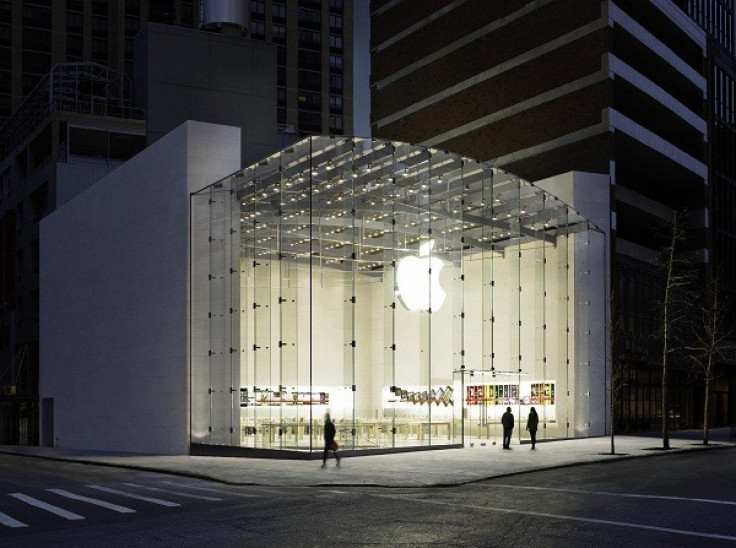Apple Sells More, and Makes More Profits than Rivals

Apple took the crown to become the No. 1 global smartphone, besting the long-time leader Nokia and aggressive Asian rival Samsung in the second-quarter.
With the premium blend of the iPhone 4, and older iPhone 3GS, Apple has held the top position as for revenue and profits. But the second quarter marked the first time the company shipped more units than competitors.
"Now, just four years after the release of the original iPhone, Apple has become the world's largest smartphone vendor by volume with 18 percent market share," said Strategy Analytics analyst Alex Spektor. "Apple's growth remained strong as it expanded distribution worldwide, particularly in China and Asia."
Market research firm IDC explained that Apple's continued growth depends in part on gaining ground in emerging markets, where Nokia has long held sway.
"Apple's ability to bring its smartphone momentum to developing economies, where it's less successful, will help dictate the company's smartphone fortunes in future.
South-Korea's Samsung Electronics has emerged as the only company that could challenge Apple, after Nokia fell to No. 3.
The company reported its earnings Friday morning, and while not breaking out unit volume, Strategy Analytics estimates Samsung shipments grew 520 percent annually, for 17 percent global smartphone market share.
Much of this growth could be attributed to its latest flagship smartphone, the S2.
Overall Samsung shipped 19.2 million total units for the quarter, slightly less than Apple's 20.3 million units shipped of the iPhone, announced last week.
The big loser this quarter was the previous mobile industry stalwart Nokia.
"Having become the first ever vendor to ship 100 million smartphones in a single year during 2010, long-time leader Nokia has slipped two places in our rankings in Q2 2011,"Spektor explained. "The vendor's 15 percent global smartphone market share is less than half of what it was just one year earlier, as the industry awaits Nokia's pending transition to Windows Phone 7."
Generally, the environment was good for the industry, as global smartphone shipments grew an impressive 76 percent annually to reach a record 110 million units in the second quarter of 2011.
© Copyright IBTimes 2024. All rights reserved.











